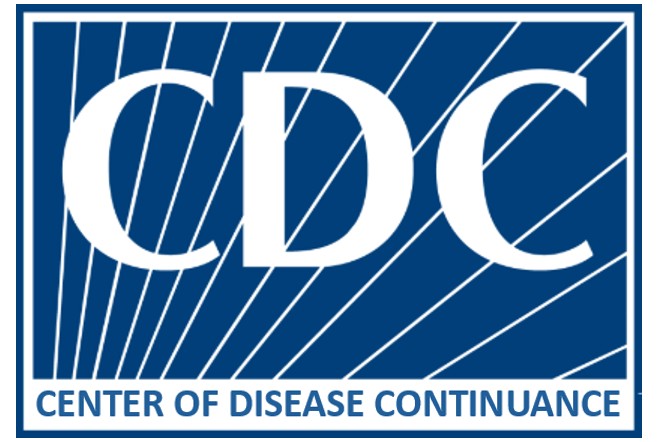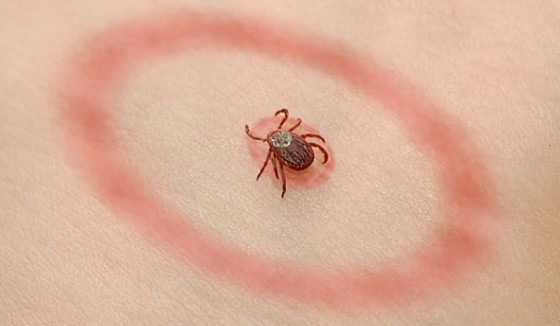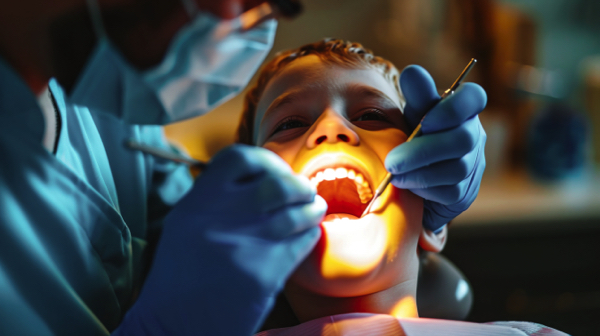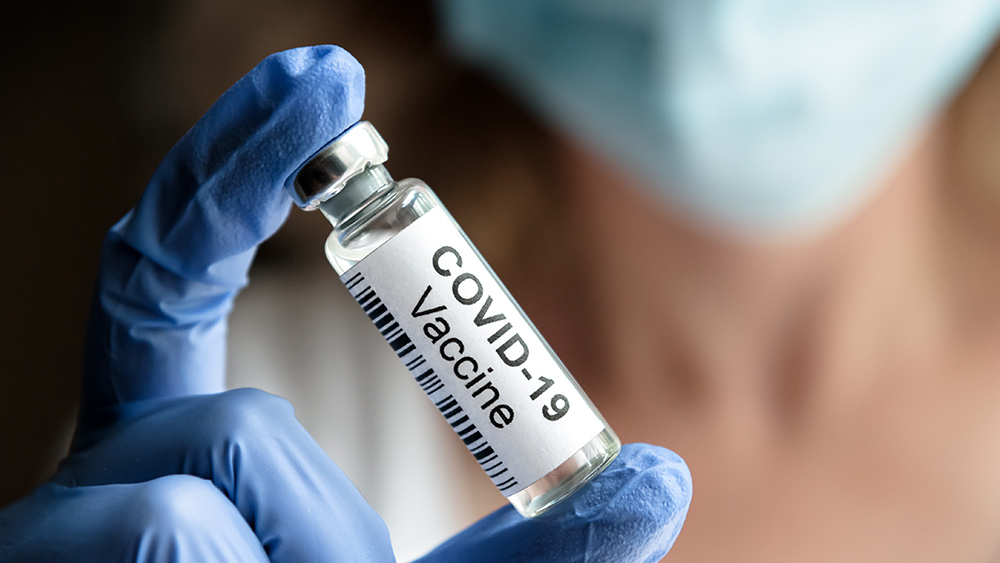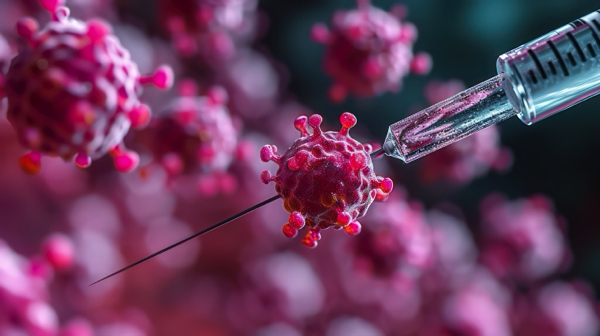Brain lithium levels plummet 60% in Alzheimer’s… Could this forgotten nutrient reverse dementia?
08/29/2025 / By Cassie B.

- Alzheimer’s may be driven by severe brain lithium deficiency, not just aging or amyloid plaques.
- Harvard research shows lithium acts as an essential micronutrient, with 60 percent lower levels in Alzheimer’s patients before symptoms appear.
- Restoring lithium in mice reversed memory loss, brain inflammation, and synaptic damage, even in advanced disease.
- Big Pharma ignores cheap, natural lithium solutions while pushing failed, expensive drugs targeting symptoms, not root causes.
- Natural lithium sources like drinking water, vegetables, and supplements could prevent Alzheimer’s, but modern diets and farming leave most deficient.
For years, we’ve been told Alzheimer’s is a mystery, a cruel, unstoppable thief of memories with no clear cause or cure. But what if the answer was hiding in plain sight?
A groundbreaking Harvard study just revealed that brain lithium levels drop by a staggering 60 percent in Alzheimer’s patients, often years before symptoms appear. Even more shocking? This isn’t about pharmaceutical lithium; it’s about a natural micronutrient our brains need to function, and it’s one that’s been overlooked by modern medicine.
The implications are enormous. If lithium deficiency drives Alzheimer’s rather than just accompanying it, simple, low-cost interventions could prevent or even reverse cognitive decline. Yet instead of exploring this, Big Pharma has spent decades pushing failed drugs while ignoring the role of nutrition. Sound familiar?
The Alzheimer’s-lithium connection
Led by Dr. Bruce Yankner, a Harvard professor of genetics and neurology, the study analyzed nearly 400 human brain samples and found that lithium — yes, the same element in batteries — acts like an essential micronutrient in the brain, much like iron or zinc. But here’s the kicker: Amyloid plaques, the sticky proteins long blamed for Alzheimer’s, trap lithium like a magnet, starving neurons of this critical resource.
“These findings were so striking we didn’t believe them at first,” Yankner admitted. His team had to validate the results across multiple brain banks before accepting the truth: lithium deficiency isn’t just correlated with Alzheimer’s; it may cause it.
In mice, the results were even more damning. When researchers slashed brain lithium by 50 percent, the animals developed memory loss, brain inflammation, and synaptic damage — classic Alzheimer’s symptoms. But when they restored lithium with a special compound (lithium orotate), the damage reversed. Plaques shrank. Memory returned. Even old mice with advanced disease showed improvement.
“What impresses me the most about lithium is the widespread effect it has on the various manifestations of Alzheimer’s,” Yankner said. “I really have not seen anything quite like it all my years of working on this disease.”
Big Pharma’s failed promises vs. Nature’s simple solution
For decades, the medical establishment has pushed expensive, toxic drugs that target amyloid plaques, yet nearly all have failed in clinical trials. Why? Because they’re treating the symptom, not the root cause. Meanwhile, population studies (like a 2017 Danish analysis of 800,000 people) found that regions with higher natural lithium in drinking water had lower dementia rates.
But don’t expect Big Pharma to rush into lithium research. There’s no profit in a cheap, unpatentable nutrient. Instead, they’ll keep selling $50,000-a-year “Alzheimer’s drugs” with miserable success rates while ignoring the fact that lithium orotate — a non-prescription supplement — showed better results in mice at 1/1000th the dose of pharmaceutical lithium (which is toxic at high levels).
The study suggests that maintaining healthy lithium levels through diet or supplementation could be a game-changer for Alzheimer’s prevention. But here’s the catch: most people aren’t getting enough.
Natural sources of lithium include:
- Drinking water (especially from mineral-rich regions)
- Vegetables (potatoes, tomatoes, leafy greens)
- Whole grains and legumes (beans, lentils)
- Tea and certain mineral waters
Yet modern farming and water treatment have stripped lithium from our food supply. And while lithium orotate is available as a supplement, Yankner warns against self-dosing without guidance. Clinical trials are still needed to confirm safety and efficacy in humans.
This isn’t the first time a vital nutrient has been overlooked — or worse, suppressed — by a medical system obsessed with drugs. Remember when vitamin D deficiency was dismissed as irrelevant, only to later be linked to cancer, autoimmune diseases, and COVID severity? Or how magnesium deficiency — found in 80 percent of Americans — contributes to heart disease, diabetes, and depression, yet doctors rarely test for it?
Alzheimer’s may be the latest casualty of nutritional neglect. While Big Pharma races to patent the next blockbuster drug, the real solution might be restoring what our brains have needed all along.
Sources for this article include:
Submit a correction >>
Tagged Under:
#nutrition, alternative medicine, Alzheimer's, brain function, brain health, dementia, discoveries, health science, lithium, natural cures, natural health, natural medicine, Naturopathy, nutrient deficiency, nutrients, real investigations, remedies, research
This article may contain statements that reflect the opinion of the author




